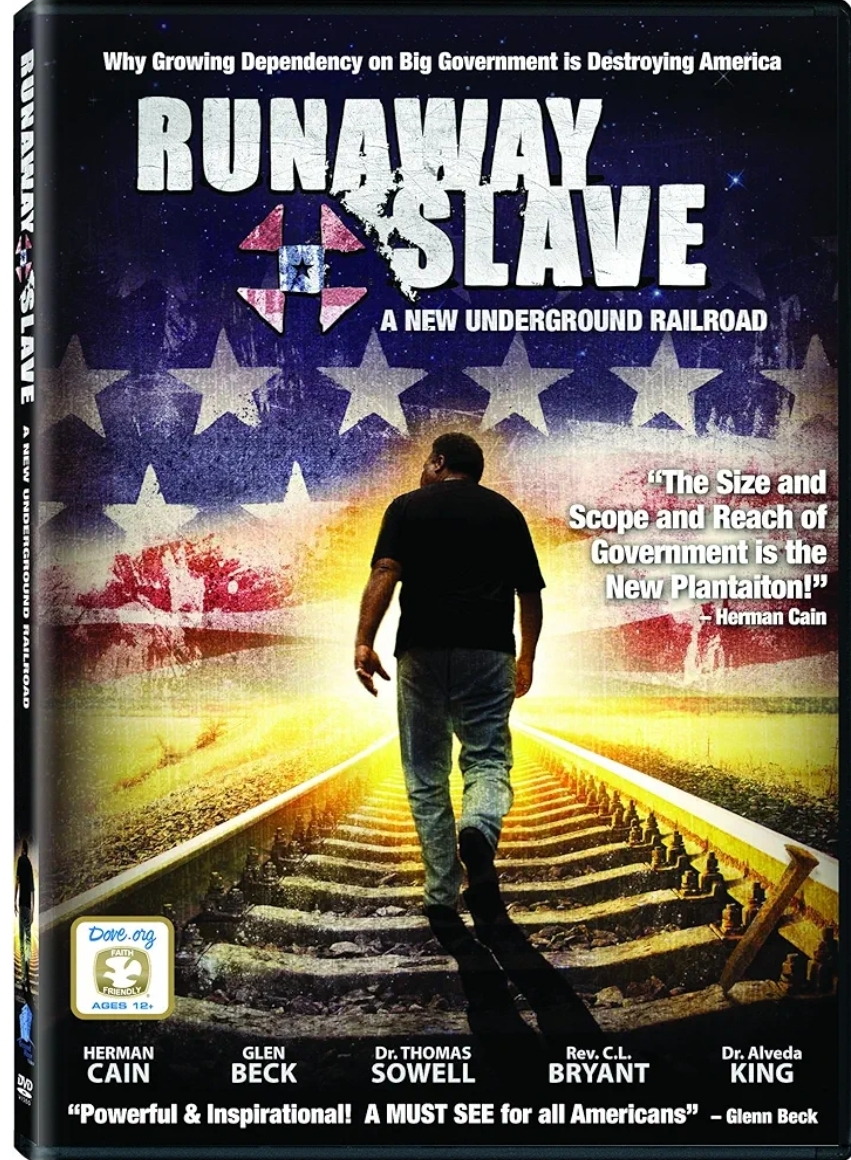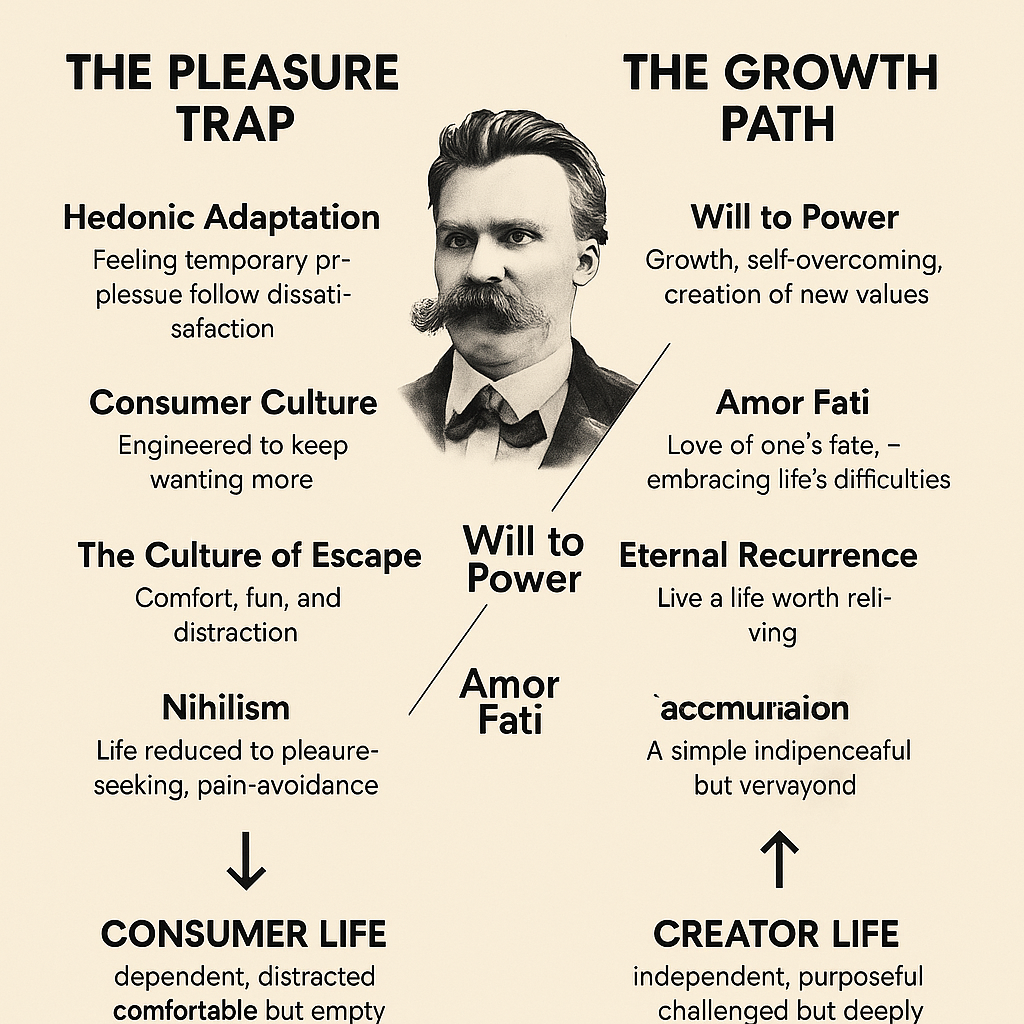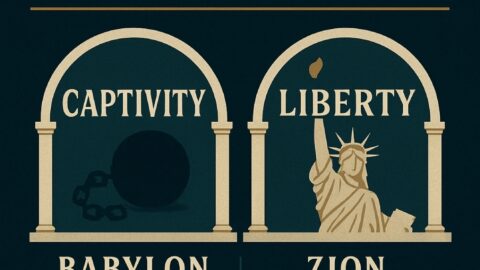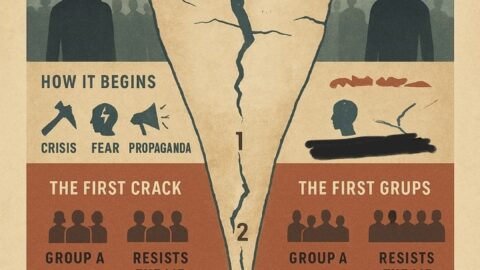The Runaway Slave documentary, directed by Pritchett Cotton and released in 2012, explores various political, social, and cultural topics from a conservative, African American perspective.
The film follows Rev. C.L. Bryant, a former NAACP chapter president turned Tea Party activist, as he travels across the United States, discussing the state of the African American community and critiquing modern liberal, progressive and Democratic Party policies.
Key Topics Covered in the Runaway Slave Documentary:
- Critique of Government Dependency:
- The film argues that government welfare programs have created a dependency that keeps African Americans economically disadvantaged and politically manipulated. It suggests that these programs are a modern form of slavery, perpetuating poverty and limiting the potential for upward mobility.
- Historical Parallels to Slavery:
- The documentary draws analogies between the historical institution of slavery and contemporary social policies, suggesting that African Americans are being kept “on the plantation” of government assistance. This metaphor is used to argue that true freedom comes from self-reliance and rejecting government dependency.
- Political Alignment and the Democratic Party:
- Runaway Slave critiques the alignment of African Americans with the Democratic Party, questioning whether the party truly serves the interests of the Black community. The film suggests that this political loyalty has been detrimental, perpetuating a cycle of dependency rather than empowerment.
- Personal Responsibility and Self-Reliance:
- The film emphasizes the importance of personal responsibility, entrepreneurship, and self-reliance as pathways to true freedom and success. It advocates for a shift away from reliance on government programs toward individual empowerment and community support.
- Criticism of Black Leadership:
- The documentary critiques prominent Black leaders, organizations like the NAACP, and the Congressional Black Caucus, accusing them of perpetuating dependency and aligning too closely with liberal and progressive policies that the filmmakers believe harm the African American community.
- Race and Identity Politics:
- The film challenges the notion of identity politics, arguing that it divides rather than unites people. It suggests that focusing on race as a primary identity can be limiting and that individuals should be seen beyond racial lines, advocating for a colorblind society.
- Economic Empowerment:
- Economic self-sufficiency is presented as a crucial aspect of freedom. The documentary promotes the idea that African Americans should focus on economic empowerment through business ownership, education, and financial independence, rather than relying on government support.
- Tea Party and Conservative Values:
- Runaway Slave presents the Tea Party movement and conservative values as an alternative for African Americans, emphasizing limited government, free-market principles, and traditional values as solutions to the issues facing the Black community.
- Interviews and Perspectives:
- The documentary features interviews with various conservative figures, including political commentators, activists, and scholars who discuss their views on race, politics, and government. These interviews support the film’s thesis that liberal policies have been detrimental to the African American community.
- Call to Action:
- The film concludes with a call for African Americans to “run away” from the modern-day “plantation” of government dependency and embrace conservative principles of self-reliance, freedom, and personal responsibility.
Runaway Slave is a documentary that challenges mainstream narratives about race, politics, and government in America, particularly within the African American community. It argues that modern liberal policies have created a form of dependency that limits true freedom and success, advocating instead for conservative values like personal responsibility, self-reliance, and limited government intervention. The film seeks to inspire African Americans to reject dependency and control their destinies through empowerment and self-sufficiency.
- The Platform of the Democratic-Republican Party Founded By Thomas Jefferson & James Madison
- The Emergence of the National Republican/Whig Party; After the Splintering of the Democratic-Republican Party
- The Evolution of the New Republican Party
- Andrew Jackson & The Evolution of the Democrat Party
The criticism of the Black Leadership was referenced as race-baiters in the film.
“Race baiters” is a term often used pejoratively to describe individuals or groups who are perceived to exploit or exaggerate issues of race or racism, often for personal, political, or financial gain. The term suggests that these individuals deliberately provoke racial tensions or conflict to advance their agendas, whether to gain support or monetary gain, rally a political base, or maintain relevance in public discourse.
Key Concepts Associated with “Race Baiters”:
- Exaggeration of Racial Issues:
- Those labeled as race baiters are often accused of magnifying or fabricating instances of racism to create division or stir up emotions. This can involve framing events or statements in a way that emphasizes racial aspects, even when other factors may be more relevant.
- Political and Financial Motives:
- The term suggests that race baiters use racial issues as a tool to gain political support, secure votes, or raise funds. This can involve politicians, activists, or media figures who focus heavily on race-related topics to attract attention or rally a particular demographic.
- Polarization:
- Race-baiting is seen as contributing to the polarization of society by creating an “us vs. them” mentality. By constantly emphasizing racial differences and conflicts, race baiters are thought to deepen divisions between different racial or ethnic groups.
- Undermining Genuine Racial Concerns:
- Critics argue that race-baiting can undermine genuine efforts to address fundamental issues of racism and discrimination. By conflating trivial or questionable cases with severe instances of racism, race baiters may dilute the impact of legitimate social justice causes.
- Media Influence:
- The media is often accused of race-baiting by sensationalizing racial conflicts or framing news stories to emphasize racial angles, even when they may not be central to the story. This is seen as a way to attract viewers, readers, or listeners, boosting ratings or sales.
- Historical Context:
- The term “race baiter” has been used historically to describe those who incite racial tensions for various purposes, including maintaining segregation, advancing civil rights, or gaining political power.
The term “race baiters” is a controversial and politically charged label used to describe those perceived as exploiting racial issues for personal or political gain. As with many terms related to race and politics, its use and interpretation are deeply influenced by the perspectives, experiences, and understanding of those who use it.
Race-baiters would be considered Tyrants Are Wolves In Sheeps Clothing.







